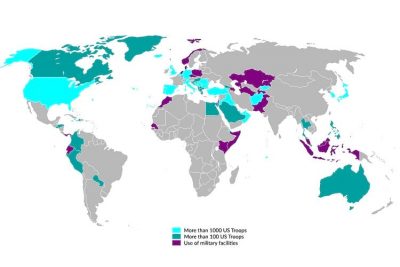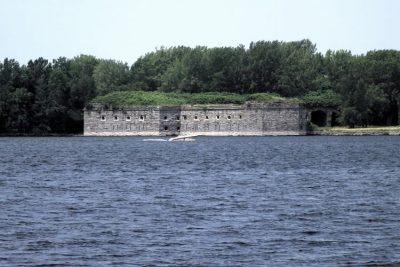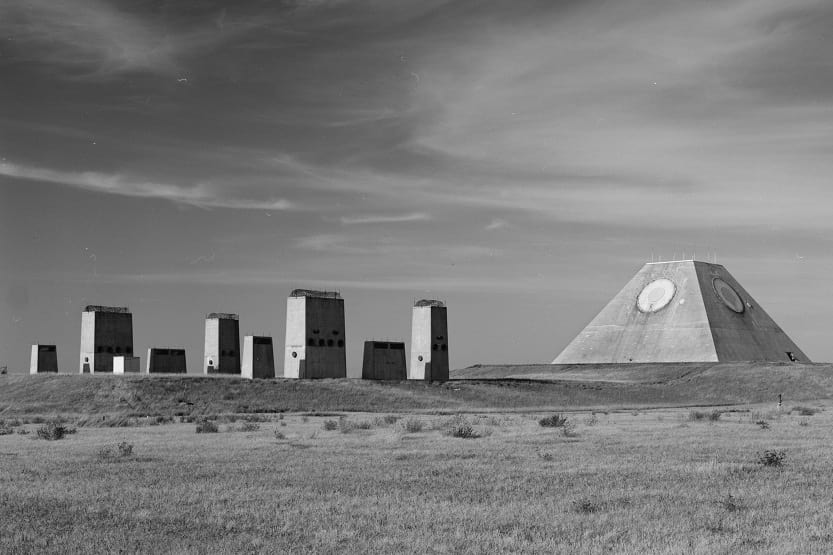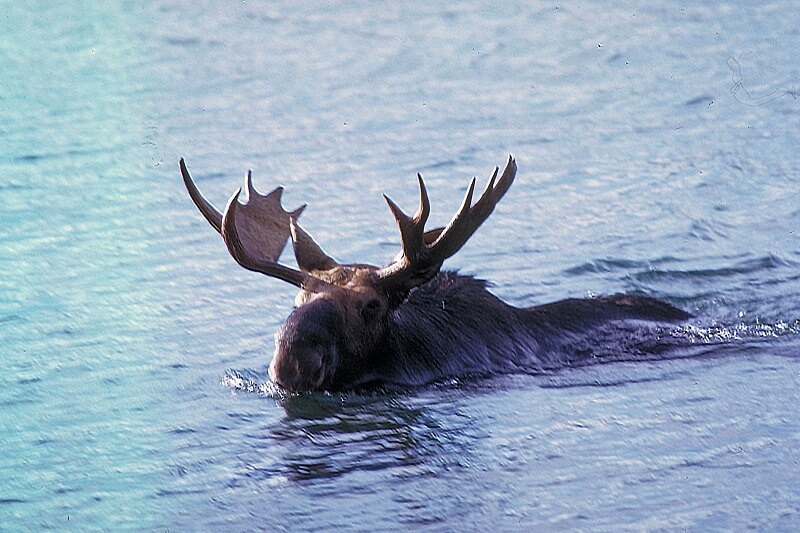British Overseas Territories: Modern Remnants of a Colonial Past
Share

Map showing British Overseas Territories. (Rob984 / Wikimedia Commons)
Accounts of the British Empire’s colonization of numerous countries across the world are endless and legendary. Even today, the British Empire’s jurisdiction and sovereignty extend over fourteen different territories across the world, together constituting the British Overseas Territories or the United Kingdom Overseas Territories. Gibraltar, Bermuda, British Antarctic Territory, and British Indian Ocean Territory are the most prominent, amongst these overseas territories of the British Empire.
The territories were formed either due to not being granted independence since the colonial heydays, or from a consensual and independent decision by vote to remain territories of the United Kingdom. The British overlook the defence and foreign relations aspects of these countries, most of which have their own governing bodies. Nonetheless, respects are paid to the present British monarch as the Head of State.
A brief history of British colonisation and de-colonisation
Plantation is a time-tested method of colonization, dating back to the early 16th century. Establishing a colonial base was done by planting cotton or tobacco on a new or undiscovered area of land, enabling settlers to mark their territories. An unofficial method, but the British utilized this to capture first Newfoundland in Canada, and then following in close succession- North America in 1607, starting with Jamestown in Virginia. The wreckage of Virginia Company’s flagship in 1609 resulted in the occupancy of Bermuda.
Soon there was no stopping the British from practically taking over the world. They reached the zenith of their glory in the year 1920, having acquired about a quarter of the key trade and agricultural locations in the world upon branching into Asia and Africa. It is a rare occurrence to come across places without a history of an encounter with the British. It was not until the mid-19th century to the early 20th century, that the colonized overturned those in power by becoming self-governing bodies and then eventually attaining independence. The earliest to declare themselves free from British Rule were Canada, Australia, New Zealand and South Africa, which started to be referred to as ‘Dominions’, but shortly after the Second World War the rest of the colonies followed suit.
What constitutes British overseas territories?
The British Overseas Territories primarily consist of Island regions on the Caribbean, Atlantic, and Pacific. Anguilla, British Virgin Islands, Montserrat, and the Cayman Islands constitute the Caribbean territories. Bermuda, Falkland Islands, Saint Helena, South Georgia and the South Sandwich Islands, and Turks and Caicos Islands make up the regions in the North and South Atlantic under the British monarchy. British Indian Ocean Territory on the Indian Ocean, Gibraltar in Southern Europe, the Pitcairn Islands on the Pacific Ocean, Sovereign Base Areas of Akrotiri and Dhekelia on the Mediterranean, and British Antarctic Territory in Antarctica are the other regions that constitute the British Overseas Territories.
British overseas territories: an overview
Amidst the mass decolonization of the British Rule some of the colonies remained under British Monarchy, formulating eventually into the British Overseas Territories. Governed by the Crown as the Head of State, currently Queen Elizabeth II, representatives are appointed in each territory to exercise the monarch’s executive power. These representatives are either Governors or Commissioners, depending on the native system of governance. Their responsibility lies in appointing the Head of the Government, politicians in senior posts, cooperating with the UK government, and carrying out ceremonial duties if any.
While legal systems and courts of law within the territories are independent and unique to one another, they are founded upon the judicial system of England. However, smaller territories are benefactors of UK-based lawyers or judges due to their limited resources. Interference of the United Kingdom comes to rescue during serious cases, considering the UK features as one of the most powerful countries in the world, and with an abundance of resources. The British generously and selflessly provide a contribution and helps places that are still reeling from the impact of the colonial period.
Citizenship
The British Overseas Territories lie in a murky category where they are independent in certain areas, and definitely not in some others. While they have independent governing bodies, the residents of these nations do not have a nationality of their own and are possessors of two citizenships- British Overseas Territories Citizenship (BOTC) and British citizenship. The territories are relegated to simply being extensions of the British ‘Empire’ with possible hopes of independence in the future.”
The British overseas territories act (2002)
In 2002, a British Overseas Territories Act was passed by the Parliament of the United Kingdom which made changes to the British Nationality Act (1981), thereby allowing citizens of all the territories to obtain citizenship of Britain. With exception to the people in Gibraltar and Falkland Islands, none of the other citizens of these Overseas Territories benefited from this provision in the past. The passing of the law was a direct result of the end to the British sovereignty over Hong Kong, five years prior to this. Thereafter, Hong Kong proved to have a larger population of British citizens than all the other territories put together.
This Act has opened up various opportunities to the people living in these territories. They not only hold a British passport, they are also not subjected to British Immigration Laws if they chose to travel or reside in the United Kingdom. They can be active members of British society, with the ability to join the police force, the military, and exercise their rights under the Human Rights Act. However, with Britain’s decision to exit the European Union, a debate stirred amongst these Overseas ‘British’ Citizens. The British Overseas Territories Act (2002) enabled them citizenship of the European Union as long as Britain remained a member. Consequently, Brexit plunged them into waves of fear and worry.
A brighter future: co-operation and co-existence
Matters of disputed sovereignty are quite prominent in the Overseas Territories, as is typical of political scenarios. For instance, British Indian Ocean Territory is in a long-standing dispute with Mauritius. Nonetheless, according to the Foreign and Commonwealth Office, Britain’s policy governing the states mainly cover six areas- Defence, Economy, Environment, Betterment of the Government, Welfare and Development of the Communities, and Foreign relations. Britain also quite generously provides financial aid, while maintaining healthy ties by conducting regular meeting with the governing bodies.
Interestingly, while the English language remains of great importance amongst the Overseas citizens, it is not the native vernacular amongst the people. For instance, Greek and Turkish are spoken in Akrotiri and Dhekelia, while the people of Bermuda speak Bermudan English. The currency in use also varies from place to place, but its value is at par with the British Pound. The British Overseas Territories are biodiversity hubs with close to 180 endemic plant species in total. Protection of the environment is a top priority, where both the United Kingdom and local governing bodies have worked in unison. The Local and British Government have, over the years, come to an understanding that has allowed them to optimize the governance of the territories and lead them out of the darker pitfalls of the ‘Colonial’ past.
Enjoyed this article? Also, check out “The Expansion of US Military Bases Overseas and How India Finally Surrenders its Neutrality“.
Fact Analysis:
STSTW Media strives to deliver accurate information through careful research. However, things can go wrong. If you find the above article inaccurate or biased, please let us know at [email protected]













